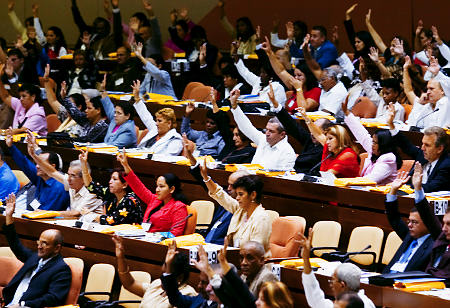
At this point, it is unlikely that anyone has missed word of Arizona’s new immigration law. SB 1070 was signed by Governor Jan Brewer on April 23 and is the nation’s toughest law on unauthorized immigration. For the month since its passing, the country and the hemisphere have been abuzz debating the controversial nature of the law, the loudest voices being the opposition.
Several U.S. cities including Seattle, Los Angeles, San Diego and Austin have passed resolutions against the law or urged outright boycotts, and President Barack Obama has denounced it as “a misdirected expression of frustration.” Cardinal Roger M. Mahoney of Los Angeles actually compared the new regulations to Nazism. Mexican President Felipe Calderón denounced the new law before the U.S. Congress last week, calling it an affront to the core values of both countries, and saying: “It is a law that not only ignores a reality that cannot be erased by decree but also introduces a terrible idea using racial profiling as a basis for law enforcement.” Venezuela’s Hugo Chavez and other officials had much to say about U.S. “habits of racism” embodied in the law.
Cuba added its own two cents in a resolution by the state Assembly that was printed in Granma today. The statement called Arizona’s law racist and xenophobic, permissive of racial profiling, and all in all “a brutal violation of human rights” (italics are my own, of course).
A Cuban lecture on human rights will almost certainly annoy many and even infuriate some, considering the international community’s complaints on the Cuban government’s human rights record (“first take the plank out of your eye, and then you will see clearly to remove the speck from your brother’s eye”). Too bad this particular message will be discredited for the messenger.
(Photo credit: AP)